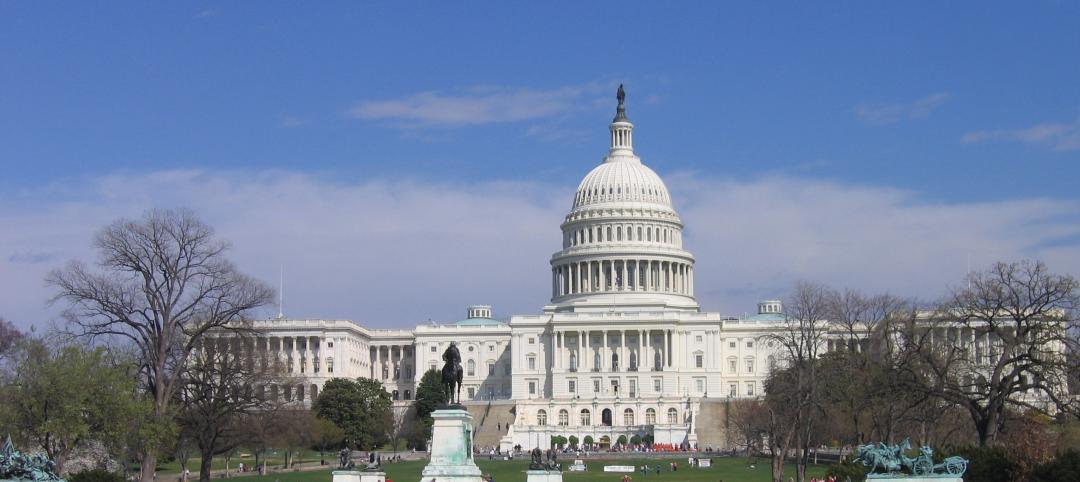Renters in many U.S. cities have come to expect green features in apartments that they rent, with an eye toward energy efficiency and healthy indoor air, according to a report by National Real Estate Investor. New apartment units today almost always include some green features, with renovations often incorporating sustainable design components.
Some 42% of overall multifamily financing provided by Fannie Mae in 2017 qualified for its Green Rewards program. That program offers lower interest rates to apartment properties that have earned green building certifications or pledge to cut their energy use by at least 25% through renovations.
Tenants are willing to pay an extra $27.21 a month to live in buildings that have green certifications, according to the 2017 NMHC/Kingsley Renter Preferences Report.
With the cost of incorporating many green features in apartment properties having dropped to be roughly comparable to conventional construction, landlords are meeting the wishes of the market. Fannie Mae’s Green Rewards program often slices about a fifth to a third of a percentage point off the interest rates offered to apartment borrowers.
In 2017, Fannie Mae provided $27.6 billion in financing to qualified apartment properties through Green Rewards.
Related Stories
| Dec 13, 2012
New OSHA initiatives on tap at AGC safety and health conference
More than 150 industry professionals will discuss the development of regulatory and legislative activity on national and local levels at the Associated General Contractors of America’s health and safety conference.
| Dec 13, 2012
So-called fiscal cliff is already affecting construction jobs, AGC finds
In November, the construction industry shed 20,000 jobs and its unemployment rate reached 12.2%, according to an analysis by the Associated General Contractors of America.
| Dec 13, 2012
New York City poised to enact recycling mandate for multi-family dwellings
New York City lags behind other large cities in recycling with only 15% of residential trash being recycled. A new bill passed by the City Council aims to improve the rate by changing how new apartment buildings are constructed.
| Dec 13, 2012
Pima County, Ariz. officials say improved code enforcement scores will help lower insurance bills
Insurance Service Office, Inc. (ISO) recently analyzed building codes and enforcement and found that Pima County, Ariz., consistently outscored comparable jurisdictions in Arizona and the nation.
| Dec 13, 2012
D.C. aims to be a green leader with new building codes
The District of Columbia has released a revised set of building codes to make it a leader in green construction.
| Dec 7, 2012
Georgia court limits contractors’ ability to foreclose on liens
The Georgia Court of Appeals ruled in 182 Tenth, LLC v. Manhattan Construction Company that lien claimants such as contractors, subcontractors, and materialmen, may not foreclose on a lien that includes unpaid general condition costs.
| Dec 7, 2012
San Francisco real estate records will include ‘green labels’
Ecologically-sustainable building practices, or “green labels,” will now be included on official land records maintained by San Francisco.
| Dec 7, 2012
Tokyo’s Green Building Program has reduced power consumption by 20%
Tokyo city officials calculate that its Green Building Program reduced energy consumption by 20% since its inception, a statistic they identify as the reason the power stayed on during the 2011 earthquake.















